Essay Review on the Refugee by Alan Gratz Essay
- To find inspiration for your paper and overcome writer’s block
- As a source of information (ensure proper referencing)
- As a template for you assignment
In the book Refugee, Alan Gratz tells three stories of refugees at different times. They are all similar and undoubtedly very tragic. These are the stories of people who have endured all sorts of hardships of fleeing from their homeland with the sole purpose of surviving somewhere else. The attempt to link three rather diverse stories into a single whole is successful due to the similarity of the characters. Despite the different reasons that prompted Isabel and Josef to leave their native country, and the fate of their loved ones that affected the emotional state of the children, they are similar in that the road to a new life is not easy for them, but they have to go through it to escape from death.
Both Isabel and Josef left their native country to survive. In 1939, Josef and his family boarded the ship St. Louis to find refuge from the Nazis in Cuba (Gratz 35). The official who issued the visas fell out of favor, and the President of Cuba decided to recoup himself in this way: they retroactively canceled visas for Jews. The story of Isabel takes place in 1994 during the collapse of the USSR and the rebellion in Cuba. Isabel, like many other Cubans, decided to sail with her family on a homemade boat 90 miles from Havana to Florida.
Both Isabel and Josef risk a lot on the way to a new life, and this path is not easy for them. Isabel and her family face all kinds of dangers, such as the threat of imprisonment in a Cuban prison, hurricanes, storms, drowning, sharks, dehydration and starvation (Gratz 74). The burden of waiting, the injustice and the consequences of staying in Dachau are so terrible that people would rather end their lives by suicide than go there again. Therefore, Josef also finds himself in a difficult life situation due to the need to change the country of residence.
The reasons of the outside world that forced Isabel and Josef to leave their native countries are different. A Jewish boy, Josef, flees Hitler’s Germany, and his mother has to make a terrible choice which of the children to save. Even if they make the journey successfully, neither Cuba nor America refuses to accept refugees. Isabel and her family have a chance to escape: Clinton announced that those who have already landed are not subject to deportation (Gratz 131). In addition, unlike Josef, Isabel is not fleeing from the war, but from the political regime, and her race is not being destroyed.
What happens to the heroes’ family is also different. Isabel lost both her friend and grandfather in the open ocean in a few days. However, at the same time she found a younger brother, which allowed the Cuban girl to find hope (Gratz 163). At the same time, 13-year-old Josef’s father goes crazy after Dachau, and the child is forced to watch his family disintegrate.
The main characters of the book Refugee by Alan Gratz are children who have long become adults. Despite the fact that Isabel and Josef are representatives of different countries, different nationalities, and different times, they are united by a thirst for life. The characters must escape from their country to save their lives, but they are at no less risk of death on this journey. Even there is no place for these people in their native country, they have a hope to survive.
Gratz, Alan. Refugee . Scholastic Press, 2017.
- Nature vs. Nurture: “In Cold Blood” by Truman Capote
- “It Ends With Us” by Colleen Hoover
- The Trial by Franz Kafka and Its Reference to Current Justice System
- Franz Kafka: His Life and Novels
- ”Celia Behind Me” by Isabel Huggan and “The Bully” by James Reaney
- Fertile Questions: “The Great Gatsby” by F. Scott Fitzgerald
- “A Long Walk to Water” by Linda Sue Park
- The Turn of the Screw Novella by Henry James
- "The Warmth of Other Suns" by I. Wilkerson Analysis
- Narrative Structure of “A Thousand Splendid Suns”
- Chicago (A-D)
- Chicago (N-B)
IvyPanda. (2023, December 5). Essay Review on the Refugee by Alan Gratz. https://ivypanda.com/essays/essay-review-on-the-refugee-by-alan-gratz/
"Essay Review on the Refugee by Alan Gratz." IvyPanda , 5 Dec. 2023, ivypanda.com/essays/essay-review-on-the-refugee-by-alan-gratz/.
IvyPanda . (2023) 'Essay Review on the Refugee by Alan Gratz'. 5 December.
IvyPanda . 2023. "Essay Review on the Refugee by Alan Gratz." December 5, 2023. https://ivypanda.com/essays/essay-review-on-the-refugee-by-alan-gratz/.
1. IvyPanda . "Essay Review on the Refugee by Alan Gratz." December 5, 2023. https://ivypanda.com/essays/essay-review-on-the-refugee-by-alan-gratz/.
Bibliography
IvyPanda . "Essay Review on the Refugee by Alan Gratz." December 5, 2023. https://ivypanda.com/essays/essay-review-on-the-refugee-by-alan-gratz/.

- Ask LitCharts AI
- Discussion Question Generator
- Essay Prompt Generator
- Quiz Question Generator

- Literature Guides
- Poetry Guides
- Shakespeare Translations
- Literary Terms


Ask LitCharts AI: The answer to your questions
Refugee follows the stories of three refugee children fleeing conflicts in their home countries. The first protagonist, Josef , is a 12-year-old Jewish boy living in Germany in 1938, during the rise of Hitler and the Nazi Party. On Kristallnacht , Josef’s home is ransacked by Nazi soldiers and his father Aaron is taken to a concentration camp. Six months later, Aaron is allowed to leave the camp on the condition that he immediately leaves the country, and so he; Josef; Josef’s mother, Rachel ; and Josef’s sister, Ruthie , all plan to board the MS Saint Louis , which is bringing Jewish refugees to Cuba.
When Josef, Rachel, and Ruthie meet up with Aaron at the ship , Josef notices that his father is paranoid and terrified following his experience at the concentration camp. Aaron is so terrified that he refuses to go to the synagogue on board the ship to attend Josef’s bar mitzvah , fearing that the synagogue is a trap that the Nazis have set for the Jewish passengers.
Two weeks after leaving Germany, the ship approaches Cuba and the passengers must undergo a medical inspection. Aaron is reminded of the roll calls at the concentration camp, and he starts to whimper while standing in line for the inspection. Josef worries that the doctor will declare Aaron mentally unstable and won’t let him in, and so Josef slaps his father to get him to snap out of it and lies that the Nazis will get Aaron if he doesn’t stay quiet. Josef realizes upon doing this that he has traded places with his father and has become the adult in the family. After the medical inspection, the passengers ask when they’ll be allowed into Cuba. The Cuban officers say, “ mañana ,” meaning “tomorrow.”
A few days later, a Nazi official named Schiendick and two other officers raid Josef’s family’s cabin, destroying all of their possessions and frightening Aaron once more. Later that day, Aaron attempts to commit suicide by jumping off the ship, but he is rescued and taken to the mainland by a Cuban police officer named Mariano Padron . A week passes, and each day the Cuban police continue to tell the passengers that they will be able to disembark “tomorrow.” At the end of the week, two young girls, Renata and Evelyne , are allowed to leave with their father, who already lives in Cuba. But the rest of the passengers are not allowed to disembark. Josef finds Officer Padron to ask if they can join Aaron in Cuba, but Padron informs him that Aaron is not fit enough to board the ship, nor can the rest of the family disembark. Padron tells Josef that he is simply “doing his job.”
The St. Louis then sails north to make a plea to the U.S. to let them in. On the way, Josef and a group of men try to overtake the ship by taking the crew hostage, but Captain Schroeder talks them down. Once they reach the U.S., the American government refuses the ship, they are forced to go back to Europe. Josef, Rachel, and Ruthie are assigned to be resettled in France, but eight months later Germany invades France and they are forced to go on the run once more. Nazis catch them in a small French town, and though Rachel offers them all of the money and jewelry they have, the Nazis tell her that she can choose one child to set free, and one child to go to the concentration camps.
The second main character, Isabel , is an 11-year-old girl living in Havana, Cuba, in 1994, during Fidel Castro ’s tenure. Following the collapse of the Soviet Union, which had been giving aid to Cuba, Cuba experiences a severe food shortage and many people are starving and unemployed. Some try to escape Cuba, but Castro has a policy wherein people who try to leave are imprisoned. Isabel’s father, Geraldo , tried to escape and was thrown in jail for a year. Now, when riots break out in Havana and a policeman threatens to jail Geraldo again, Geraldo resolves to escape the country the next day. That evening, Castro lifts his policy, allowing people to leave the country. Isabel rallies the rest of her family—her mother, Teresa , who is pregnant and due in a week, and her grandfather Lito—to go with Geraldo to the United States. She enlists the help of her neighbors, the Castillos, who are building a boat and planning to leave as well. Isabel trades her most prized possession, her trumpet , for gasoline so that they can leave that night.
Isabel, Teresa, Geraldo, Lito, Señor Castillo , Señora Castillo , and their son Iván (who is Isabel’s best friend) all load into the boat. Policemen are on the shore watching them leave, but don’t do anything to stop them. Then the Castillos’ other son, Luis , and his girlfriend Amara , who are police officers, desert the force and jump into the boat as they are leaving for Miami. Because they are deserting, the other police officers start to shoot, and a bullet pierces the side of the boat. Water starts to fill the boat, and they attempt to plug the hole as they navigate towards Miami. They continue to navigate until the motor stops working, and the water starts to flow in more rapidly. They bail as much as they can; meanwhile, Isabel starts to worry about how she will no longer be connected to her Cuban heritage in the U.S. She had never been able to count a Cuban rhythm called clave and wonders how she will learn how to do this in Miami.
Later that evening, a tanker surges toward their boat. They are able to avoid it, but the water rushing into their boat carries away their medicine, bandages, and matches into the sea. Additionally, Señor Castillo is thrown from the boat, and Isabel dives into the water to save him. The next day, a storm forms, and they are hit with a driving rain. During the storm, Isabel remembers her grandmother Lita , who died two years earlier after she was swept out to sea during a cyclone. The day after the storm, the sun breaks through with a blazing heat, and Teresa starts to get a fever. Suddenly, they spot the shore, and grow excited that they have reached Miami. But they are directed to a dock, where an officer tells them that they are in the Bahamas and are not allowed to dock. Before they turn back, some tourists give them food, water, and aspirin to take on their journey, for which Isabel is immensely grateful.
As they continue on their journey, more and more cracks appear in the boat. They decide to take turns floating alongside the boat, to lessen the weight inside. But then, when Iván is in the water, he is attacked by sharks. His leg is bitten and mangled, and he dies when they aren’t able to stop the bleeding. Isabel grieves for her friend, particularly when, the next day, they are able to see Miami in the distance. As they start to row toward the shore, a Coast Guard boat starts to steer toward them. Lito then confesses that he had been the Cuban police officer who turned Josef and the other Jewish people away in Havana in 1939. Due to his guilt, he decides to sacrifice himself to allow the others to continue on to Miami. He jumps off of their boat and distracts the Coast Guard so that the others can reach the shore. Meanwhile, Teresa goes into labor and has the baby as they approach the shore. Isabel carries her new baby brother, and the Fernandezes and Castillos are able to arrive in Miami.
Isabel and her family stay with her uncle Guillermo (Lito’s brother) until they can get on their feet. Guillermo gifts Isabel a new trumpet, and when she tries out for band by playing “The Star-Spangled Banner” in a salsa style, she realizes that she is finally able to count clave .
Mahmoud , the third main character, is a 13-year-old boy living in Aleppo, Syria, in 2015. Syria has been experiencing a civil war since the Arab Spring of 2011, and Aleppo is constantly being bombed. Mahmoud has learned to blend in and be invisible in order to survive, and to protect his 10-year-old brother Waleed . One day, their apartment is hit with bombs. After this, Mahmoud; Waleed; their mother, Fatima ; their father, Youssef ; and their infant sister, Hana , all set off to try and seek refuge in Germany.
As Mahmoud’s family drives to Turkey, Syrian soldiers get into their car but are quickly attacked, forcing Mahmoud and his family to evacuate their car and walk eight hours over two days to the Turkish border. Following this, they wait in Turkey for a boat that will take them to Greece. People constantly try to take advantage of them: a boy makes them pay to be escorted to a place where they can sleep, then sells them fake life vests. Each day, Mahmoud and his family are told that the boat to Greece will be ready for them “tomorrow,” but this continues for seven days, leaving them exhausted and dejected. Finally, they are able to take a dinghy to Greece, but when a storm hits, they are thrown into the water. Mahmoud, Fatima, and Hana become separated from Youssef and Waleed, and they tread water for hours. Another dinghy passes them, but there is no room on the boat for Mahmoud or Fatima. Mahmoud asks them to take Hana, worried that she won’t be able to survive if they had to remain in the water. They agree and take his baby sister, a loss that utterly traumatizes Fatima.
Hours later, Mahmoud and Fatima are finally rescued by the Greek Coast Guard, and they reunite with Waleed and Youssef. They continue on to Athens, Greece, but are unable to find Hana. The family travels without stopping through Macedonia, then take a taxi to Serbia. But the taxi driver holds them at gunpoint, demanding their money. They then walk the rest of the way to Serbia before continuing on to Hungary. At the Hungarian border, soldiers throw tear gas at them and take them to a detention center, where soldiers beat Youssef and call the Syrian refugees “parasites” and “filth.” They are then relocated to a refugee camp. Mahmoud tries to be invisible to avoid more trouble, but then recognizes that only by being visible can he receive help. He decides simply to walk out of the refugee camp, and the other refugees follow suit. They walk 12 hours to Austria, gaining the attention of the news. When they reach the border, they are greeted by many Austrians and are given food, clothes, and medical attention. Still, they are unable to find Hana.
Mahmoud and his family continue to Germany and receive asylum there. After a month, they are placed with a host family while they start to build their new lives. The host family turns out to be Ruthie, now and old woman, and her husband, Saul . When she hears Mahmoud’s story, and how they had to give up Hana, she assures him they will find her. Ruthie tells him her own story: how, when the Nazis had caught her, Josef, and Rachel in France, Josef made the choice to go to the concentration camps so that Ruthie could go free. Rachel and Josef then died in the camps. Ruthie comforts Mahmoud, telling him that they died so that she could live. Mahmoud is sad, but he is grateful that Ruthie lived, so that then she could help Mahmoud and his family. He is glad to have found a home in Germany.

- Quizzes, saving guides, requests, plus so much more.
- Skip to primary navigation
- Skip to main content
- Skip to primary sidebar
- Skip to footer

Literary Fusions
Integrating literacy in K-12 classrooms.
Book Review: Refugee by Alan Gratz
April 23, 2018 By Jessica
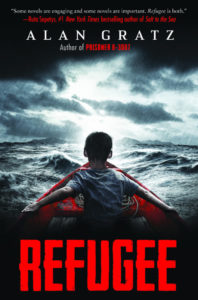
Refugee by Alan Gratz was chosen for two T exas Library Association lists: The Lone Star List and The Bluebonnet List ! I didn’t even know that was possible. The other reason I chose Refugee from the suggested lists was the timely topic of refugees and how people react.
Why I Finished It:
The only reason why someone would not finish Refugee is from heartache! This book follows three children and their families through horrendous times in history: Nazi Germany, Fidel Castro in Cuba, and Assad in Syria (still happening, unfortunately). Gratz shares fictional stories based on real events of how families have been brutally forced from their homes, separated from loved ones, and treated like property. Through his masterfully told story, he challenges us “regular humans” to take a stand, to be compassionate, and be willing to fight degrading treatment of humans in the face of danger. I finished it quickly, but it will stew in my head for a long time. This book easily goes down on my list of favorite books of all time: The Crossover , Deadline , and How They Croake d.
Who I Would Give It To:
HUMANS! All humans need this book! Regardless of the target audience (4-8 grade), Refugee is emotionally raw and forces the reader outside of their comfort zone to be more humane! And let’s be honest, these events are still happening in our world today, so there’s the current connection as well.
Integration Ideas:
Informal Research of Current and Historical Events
There is no denying that Gratz is a master of the written word, however much of the power of this story for me is in the fact that I knew the history! I know quite a bit about the treatment of Jews under Nazi rule, I knew less (but still enough) about Castro’s reign of terror, and I am familiar with Assad’s rule of Syria. Knowing the historical context on some level, made me connect with the children in this story in an intense way! I want my students to have that same connection, so I would divide my class into three sections and have them conduct informal research as a group on these three times in history. Then each group will present out to the others.
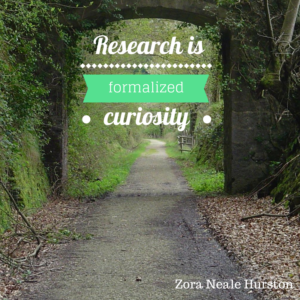
Here are some links to help (please note the sensitivity of the subject matter and preview sites before you hand them out):
- Larry Ferlazzo’s Blog – Resources (links and videos) on what’s happening in Syria
- Kid World Citizen – Maps, resources, videos and how to help sites
- The Guardian – Download a “where it all began” document
- Education World – Teaching the Holocaust
- Ducksters Education Site – World War II – Holocaust overview of information
- Scholastic – A Collection of Resources to teach the Holocaust
- US Holocaust Museum Site – Resources for students
- Encyclopedia Britannica – Fidel Castro
- CNN – A timeline of Castro
- Teaching Social Responsibility – Cuba and the US
- Ducksters – Fidel Castro
Theme and Essential Questions
We always pull out one or two major themes from a novel and create an essential question. Refugee is about survival and courage from the point of view of the refugee for sure, but it is also about the courage of those not directly affected, the courage to step up and make a change.

Possible essential questions:
- What responsibility, if any, do we have to strangers in a crisis?
- When is it important to fight for civil rights? How can a child fight for civil rights?
There are so many more possibilities with this powerful book, but I am passionate about creating social activists in my classroom. The ideas in Refugee really go nicely with bullying programs in schools and the idea of standing up for someone who is being abused, or becoming invisible, so the tables don’t get turned on you.
A few powerful points brought up in the book (and there are way more than what I’m sharing) are:
- How do people survive and change through such horrendous treatment? Do people become somewhat of a shell, devoid of feelings and with a broken spirit? Do they become outspoken and brazen? Do they try to hide and become invisible?
- Becoming a victim of a reign of terror can happen to anyone at any time if people allow it to happen. If people sit by and ignore these catastrophic events, they are silently condoning such behavior.
Vocabulary :
This book has great word choice and I pulled out some vocabulary. Please choose only a handful to teach! I also pulled out some content language/words to bring to students attention as they read.
- rationing (8)
- recoiled (9 & 181)
- indignation (17)
- summoned (28)
- melodious (30) ethereal (30
- catatonic (31)
- lurched (36)
- disinfected (40)
- waning (60)
- artillery (70)
- paranoia (74)
- asylum (90)
- dissident (100)
- ominous (108)
- profusely (115)
- inconsolable (133)
- dinghy (141)
- berating (148)
- oppressive (148)
- pandemonium (158)
- respite (160)
- incoherently (183)
- chastised (190)
- somber (224)
- instantaneous (240)
- condolences (241)
- mutiny (254)
Content words:
- swastika (3 & 35)
- brownshirts (3)
- synagogues (5)
- Kristallnacht (5)
- communist (8)
- Mu’adhadhin (30)
- Guantanamo Bay (42)
- yarmulkes (75)
- “The Storm of the Century” (154)
Research and Take Action
This book is too powerful to end when the students finish reading. Have them continue learning about refugees (past and present). Have them learn what they can do to help and what organizations are trying to make a difference. Here are some sites:
- Facing History and Ourselves Lesson Plan
- Amnesty International – resources to understand the refugee crisis
- Brown University – The Choices Program
- Annenberg Media – Curriculum Resources for Teaching about Refugees
- The UN Refugee Agency – Teaching Resources
- Pulitzer Center – What is it like to be a refugee?
- Refugee lesson plan
Author website – https://www.alangratz.com/writing/refugee/
We would love to hear your feedback on the book or lesson ideas!
Copyright Statement
Content © 2024 Jessica Rogers and Sherry McElhannon of Literary Fusions and literaryfusions.com. Unauthorized use and/or duplication of this material without express and written permission from this site’s authors and owners is strictly prohibited. Excerpts and links may be used, provided that full and clear credit is given to Literary Fusions and literaryfusions.com with appropriate and specific direction to the original content.
Reader Interactions
November 6, 2018 at 6:13 am
This information is very helpful.Thank you.
November 7, 2018 at 3:55 pm
Love your review:)
November 9, 2018 at 1:54 pm
August 24, 2019 at 8:39 pm
October 28, 2019 at 6:00 pm
I read the book. It was good. 😉
October 29, 2019 at 9:07 am
It is still one of our favorites!
October 27, 2020 at 6:05 pm
I’m reading the book right now for school but I honestly would read it in my own time!!! Great review btw.
October 28, 2020 at 3:12 am
Thank you. We feel the same way about that book. It is definitely a favorite with our students.
Leave a Reply Cancel reply
Your email address will not be published. Required fields are marked *

literary_fusions

Get integration ideas in your inbox!
The latest posts….
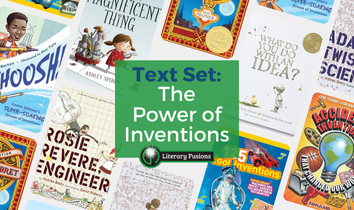
Text Set: The Power of Inventions
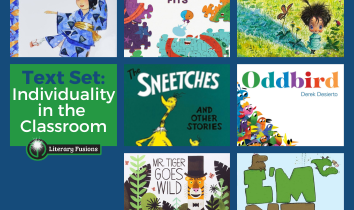
Text Set: Celebrating Individuality in the Classroom
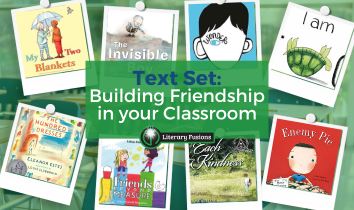

Text Set: Building Friendship in Your Classroom
Get news and updates about the stuff Alan writes!
Thank you! You have successfully joined Alan's newsletter list! You're awesome.
- Barnes and Noble
- Bookshop.org
- Green Bean Books - Signed Copies!
- Barnes & Noble
- Refugee Book Talk Video
- Refugee Discussion Guide
More Like This
Historical , Thriller , World War II
Three different kids.
One mission in common: ESCAPE.
Josef is a Jewish boy in 1930s Nazi Germany. With the threat of concentration camps looming, he and his family board a ship bound for the other side of the world…
Isabel is a Cuban girl in 1994. With riots and unrest plaguing her country, she and her family set out on a raft, hoping to find safety and freedom in America…
Mahmoud is a Syrian boy in 2015. With his homeland torn apart by violence and destruction, he and his family begin a long trek toward Europe…
All three young people will go on harrowing journeys in search of refuge. All will face unimaginable dangers–from drownings to bombings to betrayals. But for each of them, there is always the hope of tomorrow . And although Josef, Isabel, and Mahmoud are separated by continents and decades, surprising connections will tie their stories together in the end.
Scholastic | July 25, 2017 | Ages 8 and Up
A #1 New York Times bestseller!
Book Trailer
Gratz accomplishes a feat that is nothing short of brilliant…Poignant, respectful, and historically accurate while pulsating with emotional turmoil, adventure, and suspense.
—Kirkus - STARRED REVIEW
Filled with both tragic loss and ample evidence of resilience, these memorable and tightly plotted stories contextualize and give voice to current refugee crises…
—Publisher's Weekly - STARRED REVIEW
Exceptional readers Michael Goldstrom, Kyla Garcia, and Assaf Cohen tackle Gratz’s compelling novel
—Booklist Audio - STARRED REVIEW
The audio version provides an ideal (even mandatory) opportunity for libraries to share these resonating tales with readers reluctant to pick up the page.
—School Library Journal Audiobooks - STARRED REVIEW
A stunning, poignant novel about the plight of refugees… Grade A.
—Entertainment Weekly
This compelling novel will help young people make sense of today’s refugee crisis. Meant to be read, discussed, and shared widely.
—School Library Journal
Some novels are engaging and some novels are important. Refugee is both.
—Ruta Sepetys, author of Between Shades of Gray
A gripping, visceral, and hold-your-breath intense story of three young refugees.
—John Green
This dude does his history homework and then hides it in a total page-turner. This is the beets in a brownie of kid lit.
—Tablet Magazine
An intelligent, human, harrowing read.
—Ellen Silva, NPR
Gratz’s stirring novel humanizes the plight of refugees worldwide.
—Horn Book
Fast paced, insightful, filled with drama and tension.
—Atlanta Journal-Constitution
A heartrending and important tale for our time…
—The Buffalo News
Young readers will finish this book and ask: What should we do?
—Shelf Awareness Pro
A haunting fictional treatment of historic events.
—Booklist
Impossible odds and families in peril make for vivid and unrelenting suspense in these stories of flight and daring. This heart-stopping novel is not only compelling— it is necessary.
—Judy Blundell, National Book Award winning author of What I Saw and How I Lied
With urgent, clear-eyed storytelling, Gratz’s Refugee compellingly explores the desperation and strength that unites those struggling for a place to call home.
—Eliot Schrefer, two-time National Book Award finalist
An incredibly important, heartrending, edge-of-the-seat read, bringing light to the plight of immigrants who search for safety and freedom.
—Pam Muñoz Ryan, author of Echo and Esperanza Rising
Full of struggle, heroism, and non-stop adventure, Refugee is not only an important book, it’s a terrific story.
—Kimberly Brubaker Bradley, Newbery Honor winning author of The War That Saved My Life
Powerful and compelling. Refugee is more than a story about children fleeing their homelands, it is a story about what unites us all… love, family and perseverance.
—Christina Diaz Gonzalez, author of The Red Umbrella and A Thunderous Whisper
Refugee looks readers straight in the eye, challenging them to truly see these kids who are battling the worst moments of our recent history.
—Margaret Neville, The King's English Bookstore
2018 Sydney Taylor Book Award Winner for Older Readers
2018 National Jewish Book Award Winner for Young Adults
New York Times Notable Middle Grade Children’s Book 2017
2018 YALSA Quick Pick for Young Readers
YALSA 2018 Best Fiction for Young Adults
2017 Cybils Middle Grade Fiction Award Winner
2018 Judy Lopez Memorial Award Winner
2018 Indies Choice/E.B. White Read-Aloud Award Finalist
2018 NCTE Charlotte Huck Outstanding Fiction for Children Honor Book
2017 Malka Penn Award for Human Rights in Children’s Literature Honor Book
Global Read Aloud Book 2018
2018 Notable Book for a Global Society
Kirkus Reviews Best Middle Grade Historical Books of 2017
Publishers Weekly Best Middle Grade Books of 2017
NPR’s Book Concierge Great Reads of 2017
Southern Living Best Children’s Books of 2017
Publishers Weekly Best Audiobooks of 2017
School Library Journal Top Ten Audio Books of 2017
Booklist Editors’ Choice: Top 10 Audio for Youth 2017
Audible Best Kids’ Audiobooks of 2017 – Finalist
Center for the Study of Multicultural Children’s Books Best Books of 2017
New York Public Library Top 100 Best Books for Kids 2017
Chicago Public Library Kids Best Fiction for Older Readers 2017
Amazon Top 20 Best Children’s Books of 2017
ABC Best Books for Young Readers 2017
2018 Southern Book Prize Finalist
Junior Library Guild Selection
USA Today bestseller
2019 Oklahoma Sequoyah Intermediate Book Award Winner
2018-2019 Pennsylvania Young Reader’s Choice Grade 6-8 Winner
2018-2019 Maine Student Book Award Winner
2018-2019 Vermont Dorothy Canfield Fisher Award Winner
2019 North Carolina Children’s Book Award Winner
2018-2019 Lectio Book Award Winner
2019 North Dakota Flicker Tale Book Award Winner
2020 Illinois Rebecca Caudill Young Readers’ Book Award Winner
2020 Wisconsin Golden Archer Medal Winner
2019-2020 Louisiana Young Readers’ Choice Awards Honor Book
2020 Arizona Grand Canyon Reader Award Winner
2019-2020 Tennessee Volunteer State Book Award Winner
2019-2020 Indiana Young Hoosier Book Award Winner
2020 California Young Reader Book Award Winner
2019-2020 Minnesota Maud Hart Lovelace Award Winner
2020 Hong Kong Golden Dragon Honor Award
2022 Buxtehuder Bulle Winner
2018 Texas Lone Star Reading List
2018-2019 Texas Bluebonnet Award Nominee
2018 Colorado Blue Spruce Young Adult Book Award Nominee
2019 Utah Beehive Award Nominee
2018-2019 Maryland Black-Eyed Susan Book Award Nominee
2019 Sakura Medal Shortlist
2020 Nebraska Golden Sower Award Finalist
2020 New Jersey Garden State Teen Book Award Nominee
2020 Washington State Sasquatch Book Award Nominee
2019 Hampshire (England) Book Award Finalist
2020 Iowa Teen Book Award Masterlist
2020 Colorado Children’s Choice Book Award Masterlist
2020 Hong Kong Battle of the Books List
2020 Pacific Northwest Young Reader’s Choice Award Masterlist
2020 New Hampshire Isinglass Teen Read Award Masterlist
2021 German Youth Literature Award Nominee
Cover Gallery
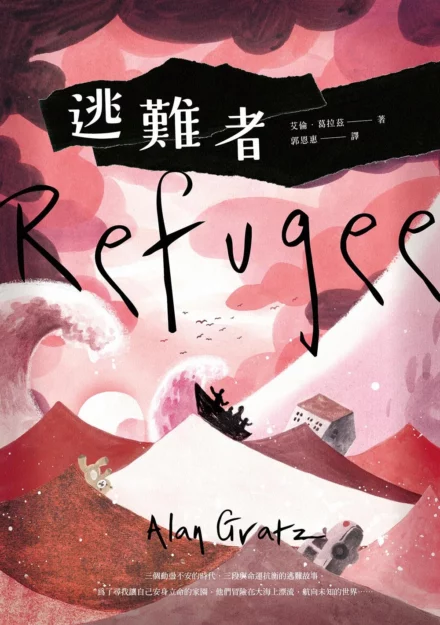
Chinese: Complex Cover

Chinese: Simplified Cover
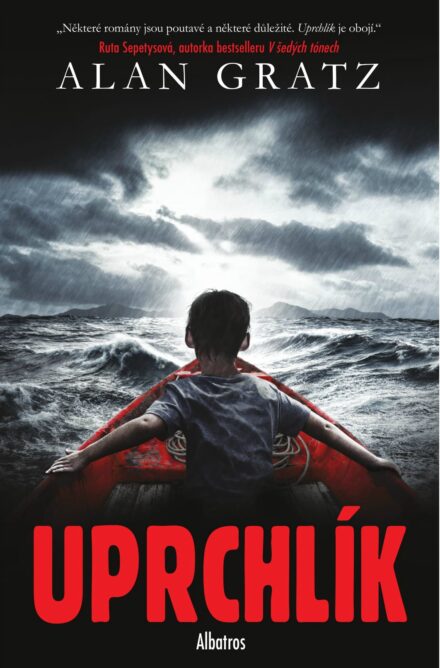
Czech Cover
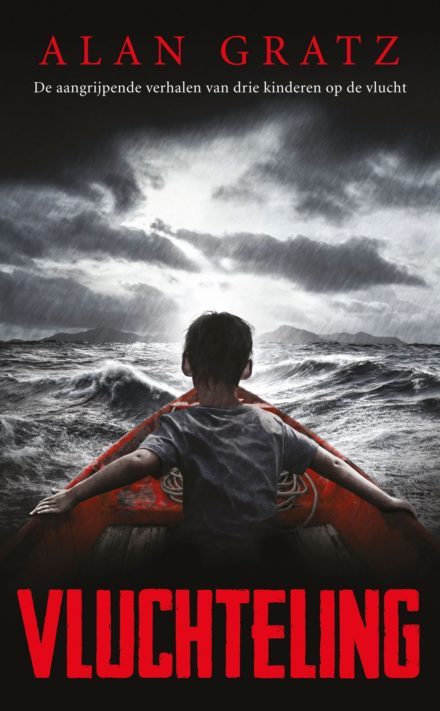
Dutch Cover
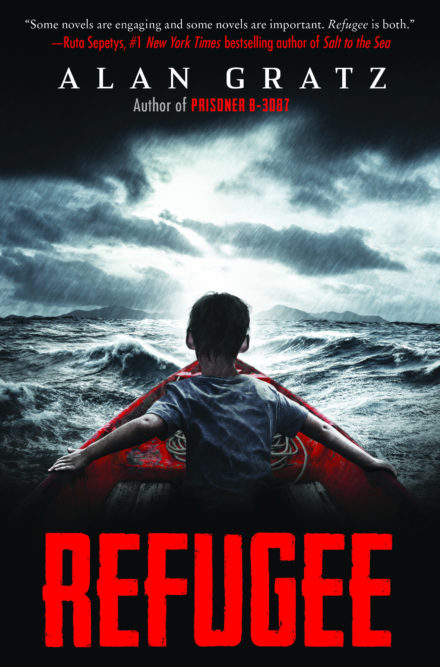
English (UK) Cover
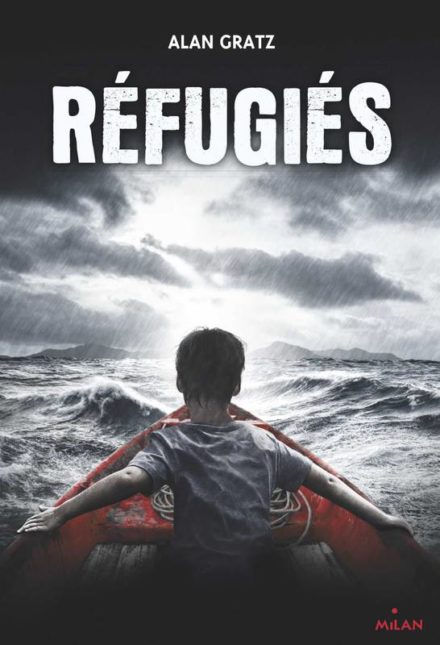
French Cover
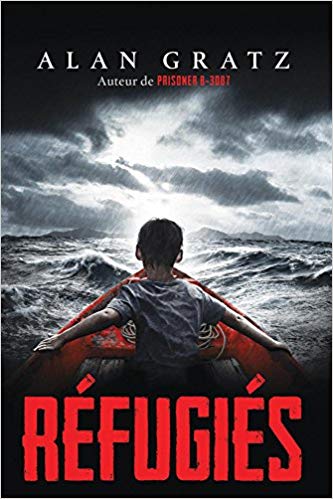
French Canadian Cover
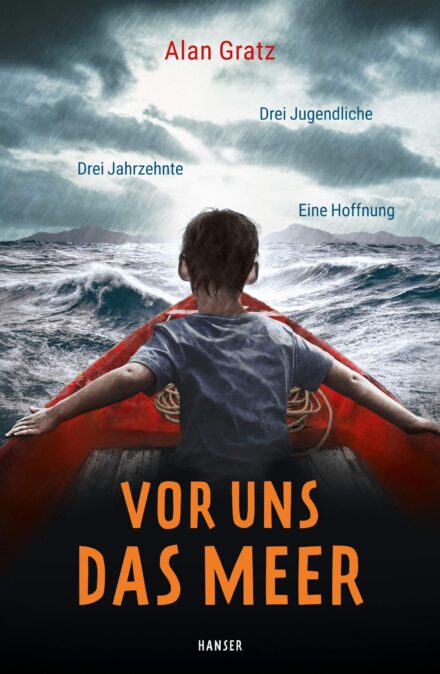
German Cover
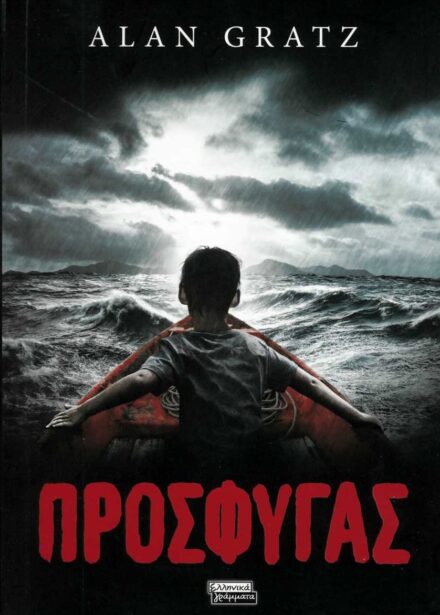
Greek Cover
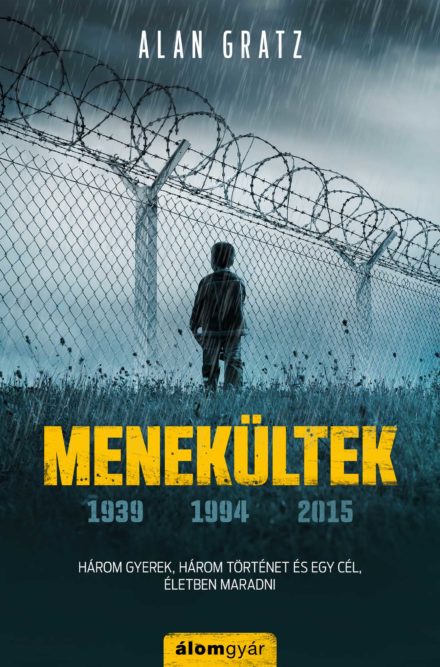
Hungarian Cover
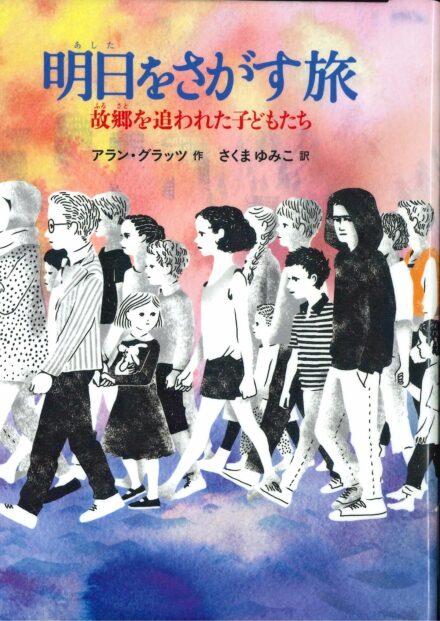
Japanese Cover
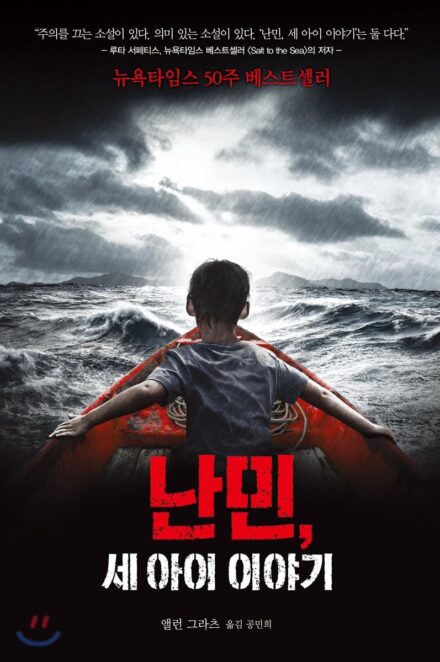
Korean Cover
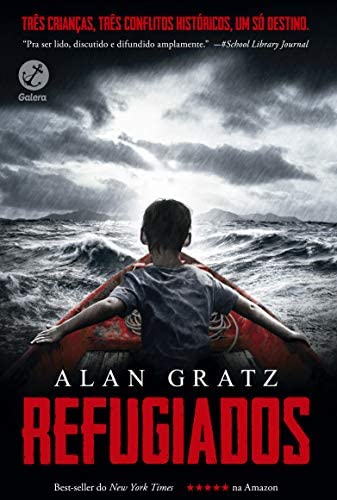
Portuguese Cover
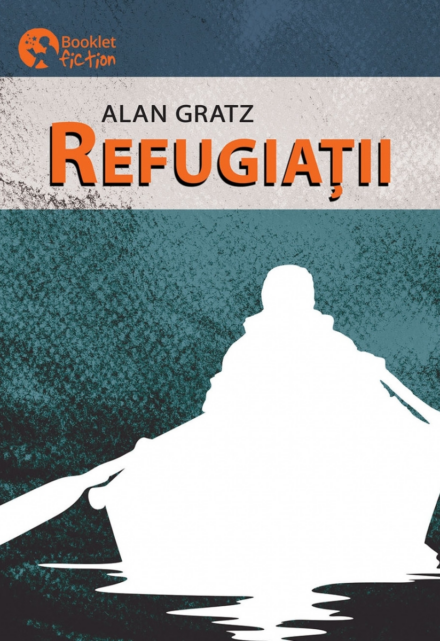
Romanian Cover
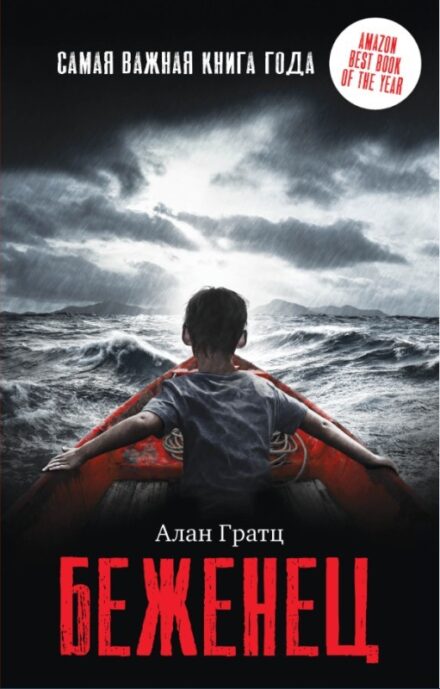
Russian Cover
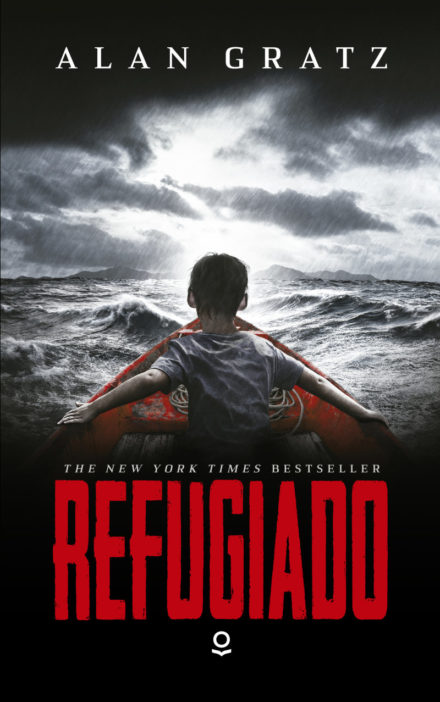
Spanish Cover
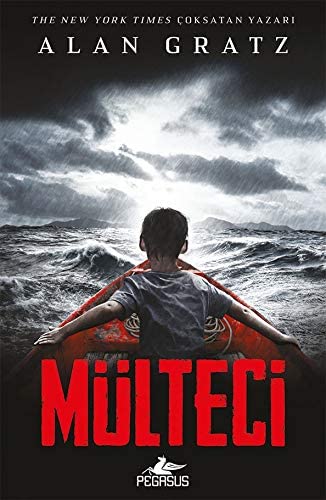
Turkish Cover
Ukrainian Cover

72 pages • 2 hours read
A modern alternative to SparkNotes and CliffsNotes, SuperSummary offers high-quality Study Guides with detailed chapter summaries and analysis of major themes, characters, and more. For select classroom titles, we also provide Teaching Guides with discussion and quiz questions to prompt student engagement.
Chapter Summaries & Analyses
Chapters 1-11
Chapters 12-21
Chapters 22-32
Chapters 33-43
Chapters 44-53
Character Analysis
Symbols & Motifs
Important Quotes
Essay Topics
Summary and Study Guide
Refugee is a historical, young adult fiction novel by Alan Gratz.
First published in 2017, Refugee became a New York Times bestseller.
Plot Summary
The novel follows the stories of three refugee children in three different geographic locations and points in time. Each child experiences traumatic losses and personal victories as they struggle to escape the political instability of their homelands. Josef Landau is fleeing Nazi Germany in 1939. Isabel Fernandez is escaping Castro’s Cuba in 1994. Mahmoud Bishara is leaving Syria during the volatile regime of Bashar al-Assad in 2015.
In 1939 Germany, Josef’s life is disrupted when Nazi Brownshirts drag his father away to a concentration camp. Months later, Josef’s father is returned to his family—a broken man. The Landaus board the MS St. Louis intending to make a new life for themselves in Cuba. However, tragedy strikes when the ship is refused entry into Havana Harbor, and Mr. Landau’s panicked mental state causes him to attempt suicide. After Landau is taken to a Cuban hospital, the ship is forced to leave him behind and go in search of another haven. Although the refugees eventually find new homes in Europe, Josef and his mother are captured by Nazis and die in a concentration camp. The only survivor is Josef’s little sister, Ruth.
In 1994 Cuba, Isabel, her family, and next-door neighbors board a leaky makeshift boat to travel to a new life in Miami before Fidel Castro can prevent their emigration. Over the course of their journey, the little band battles a hurricane, a near collision with an oil tanker, a motor that refuses to start, and a shark attack that kills one of the shipmates. Just as they are about to be apprehended by a US Coast Guard vessel, Isabel and her companions reach land in Miami, where they can start a new life for themselves.
In 2015 Syria, the wall of the Bishara apartment house is blown out by a missile strike. This convinces Mahmoud’s father that they need to leave the country immediately. Mahmoud and his family encounter unimaginable hardships as they travel through Turkey, Greece, Macedonia, Serbia, and Hungary on their way to their destination. In Hungary, the family is about to be deported back to Syria when Mahmoud leads a refugee march out of the detention center. The group walks all the way to the Austrian border, where they are welcomed. When Mahmoud and his family are placed with a host family in Germany, their sponsor proves to be Josef’s sister, Ruth. Josef’s sacrifice in 1940 made it possible for Ruth to help a new generation of refugees in 2015.

Related Titles
By Alan Gratz
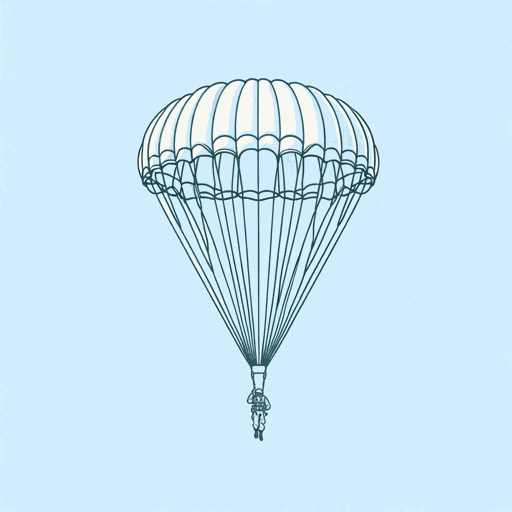
Ban This Book

Code of Honor

Ground Zero

Prisoner B-3087
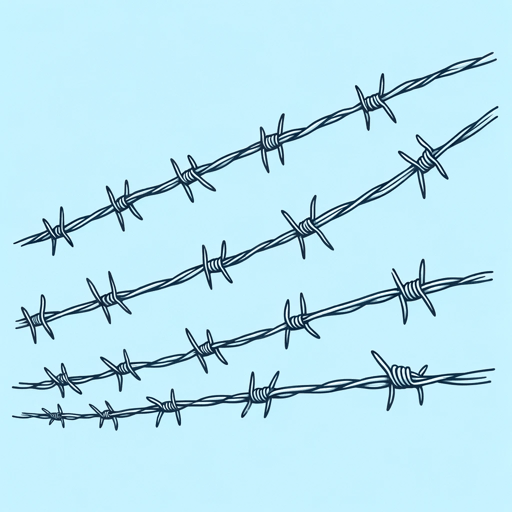
Projekt 1065
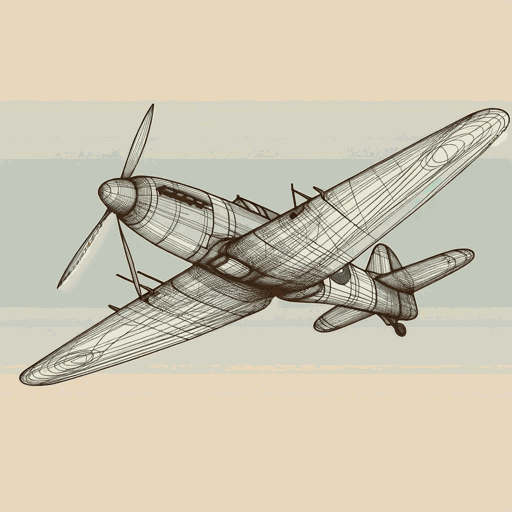
The Brooklyn Nine

Two Degrees
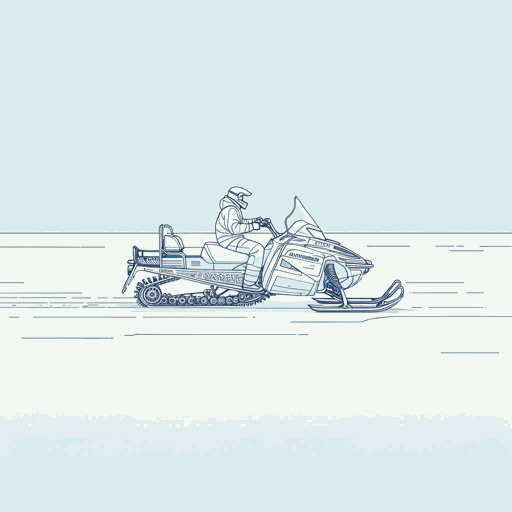
Featured Collections
5th-6th Grade Historical Fiction
View Collection
Audio Study Guides
Coming-of-Age Journeys
Juvenile Literature
The Journey
by Alan Gratz
Refugee study guide.
Alan Gratz 's Refugee is a young-adult novel about three young refugees from different eras: Josef Landau , a German Jew displaced from Nazi Germany; Isabel Fernandez , a Cuban fleeing her starving country in 1994; and Mahmoud Bishara , a Syrian escaping civil war in 2015.
The story is told through short chapters that alternate between the three protagonists' points of view. The first storyline follows Josef, a Jewish boy living in Nazi Germany during the 1930s, who escapes on a ship bound for Cuba with his family in 1939. When the MS St. Louis is turned away and they are forced to return to Europe, Josef and his mother and sister find temporary refuge in France before the Nazis invade and they must go on the run again. The second story is about Isabel, a Cuban girl whose family is caught up in the turmoil of the 1994 Cuban rafter crisis. When her father is nearly arrested for taking part in an uprising, Isabel's family and her neighbors board a makeshift watercraft and attempt the crossing to Florida. They escape capture by the US Coast Guard, but Isabel's young neighbor dies during the journey. The third storyline follows Mahmoud, a Syrian boy whose family flees when their apartment is destroyed by a bomb several years after the outbreak of the Syrian Civil War. Alongside countless others, the family makes their way through Turkey, Greece, Macedonia, Hungary, and Austria, finally finding refuge in Germany. The three stories insect when the narrator reveals that Isabel's grandfather was one of the policemen responsible for turning away the MS St. Louis and that Mahmoud's German host is Josef's younger sister, who survived the Holocaust because Josef volunteered to be taken to a concentration camp instead of her.
Exploring themes of trauma, survival, perseverance, hope, and self-sacrifice, Refugee weaves together three refugee stories that depict the universal need for safety amid destabilizing crises. News coverage of the ongoing Syrian Civil War influenced Gratz's decision to write the novel, which draws on real-life refugee experiences and bases several characters on historical figures, such as Gustav Schröder, the German sea captain of the MS St. Louis . In his author's note, Gratz writes that some of the proceeds of the book will go to UNICEF to support relief efforts with refugee children.

Refugee Questions and Answers
The Question and Answer section for Refugee is a great resource to ask questions, find answers, and discuss the novel.
earthly analogy
Sorry, I'm not sure what you are asking here. Can you elaborate?
Refugee reflection pages 236-252
Sorry, this is only a short answer space.
Find three figures of speech
“Isabel woke to a warm orange glow on the horizon and a silver sea stretching out before them like a mirror. It was as though the storm had been some kind of feverish nightmare. Señor Castillo woke from his nightmare too, parched like a...
Study Guide for Refugee
Refugee study guide contains a biography of Alan Gratz, literature essays, quiz questions, major themes, characters, and a full summary and analysis.
- About Refugee
- Refugee Summary
- Character List

IMAGES
COMMENTS
In the book Refugee, Alan Gratz tells three stories of refugees at different times. They are all similar and undoubtedly very tragic. These are the stories of people who have endured all sorts of hardships of fleeing from their homeland with the sole purpose of surviving somewhere else.
Refugee follows the stories of three refugee children fleeing conflicts in their home countries. The first protagonist, Josef, is a 12-year-old Jewish boy living in Germany in 1938, during the rise of Hitler and the Nazi Party.
This book follows three children and their families through horrendous times in history: Nazi Germany, Fidel Castro in Cuba, and Assad in Syria (still happening, unfortunately). Gratz shares fictional stories based on real events of how families have been brutally forced from their homes, separated from loved ones, and treated like property.
With urgent, clear-eyed storytelling, Gratz’s Refugee compellingly explores the desperation and strength that unites those struggling for a place to call home. —Eliot Schrefer, two-time National Book Award finalist
Refugee. Fiction | Novel | Middle Grade | Published in 2017. A modern alternative to SparkNotes and CliffsNotes, SuperSummary offers high-quality Study Guides with detailed chapter summaries and analysis of major themes, characters, and more.
Discussion of themes and motifs in Alan Gratz's Refugee. eNotes critical analyses help you gain a deeper understanding of Refugee so you can excel on your essay or test.
Refugee study guide contains a biography of Alan Gratz, literature essays, quiz questions, major themes, characters, and a full summary and analysis. Best summary PDF, themes, and quotes. More books than SparkNotes.
The novel follows the stories of three refugee children in three different geographic locations and points in time. Each child experiences traumatic losses and personal victories as they struggle to escape the political instability of their homelands.
Refugee is a novel by Alan Gratz that examines three interrelated stories of the refugee experience. Josef Landau is a Jewish boy in Germany in 1938. He and his family try to escape to Cuba on...
Alan Gratz 's Refugee is a young-adult novel about three young refugees from different eras: Josef Landau, a German Jew displaced from Nazi Germany; Isabel Fernandez, a Cuban fleeing her starving country in 1994; and Mahmoud Bishara, a Syrian escaping civil war in 2015.